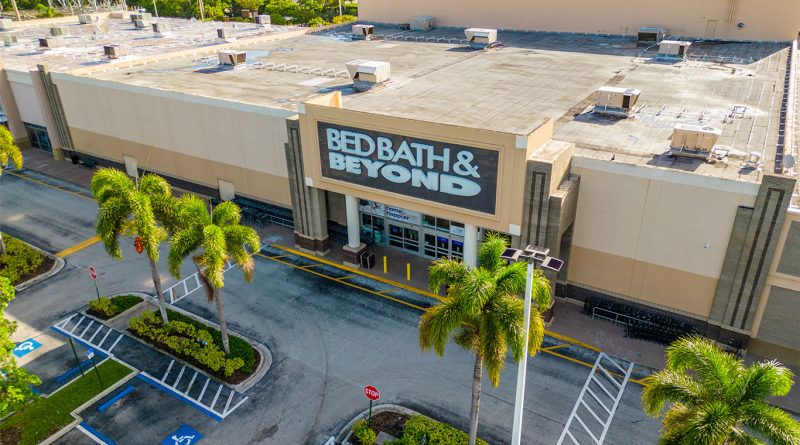Bed Bath and Beyond sidelines California in retail relaunch
Subscribe to our free newsletter today to keep up to date with the latest retail news.
When Bed Bath and Beyond announced its revival under new ownership this summer, it marked a comeback story few expected. The iconic home goods retailer, now operated by Beyond Inc., is relaunching brick‑and‑mortar stores across the country after its 2023 bankruptcy. Yet in a notable exception, California is not on the list. The company confirmed it will not reopen any physical stores in the state, citing a business environment that it claims is too costly, too complex and too high‑risk.
Leadership cites risk over politics
The decision came directly from Marcus Lemonis, executive chairman of Beyond Inc., who said opening in California would be financially irresponsible. In an interview with NBC Los Angeles, Lemonis described the state as “overregulated and expensive” and questioned the business case for launching physical locations in a region he characterized as hostile to retail operations.
Lemonis pointed to a combination of state‑level policies and costs, including elevated wages, taxes and licensing fees, as well as regulatory compliance burdens. He said the move was not political, but pragmatic. “This isn’t about making a political statement,” he told NBC. “It’s about understanding where we can operate efficiently and deliver value.” He added that the company’s retail relaunch needed to be sustainable from day one.
Online focus replaces physical presence
While stores are reopening in Florida, Texas and the Midwest, California’s absence from the list speaks to a growing trend. Several national retailers have reduced their footprints in the state over the past five years, citing labor costs and legal exposure. For Bed Bath and Beyond, a company still fresh off bankruptcy, the risk was deemed too great. Lemonis was clear that this decision was rooted in fiscal discipline and not temporary strategy.
Instead of physical stores, the company is leaning on e‑commerce to reach customers in California. Lemonis confirmed that shoppers in the state will be able to place orders online and receive them within 24 to 48 hours, in some regions even same‑day. This hybrid model allows Beyond Inc. to maintain brand visibility in a market it says is commercially valuable but operationally difficult.
State responds as broader trend emerges
The strategy, however, has not gone without public response. California Governor Gavin Newsom’s office issued a terse reaction to the announcement. A spokesperson told multiple outlets that the company had failed to remain relevant and questioned whether a comeback was even necessary. In a statement shared with People, Newsom’s team remarked, “It’s no surprise that Bed Bath and Beyond’s comeback won’t be making a stop in California. Their time has passed.”
The company’s critics argue that its California pullout is less about regulation and more about competitive pressure from younger, nimbler brands. Still, the friction between private enterprise and public policy in the state has become a flashpoint for national debate. Other retailers, including Nordstrom and Walgreens, have either exited or downsized operations in San Francisco and Los Angeles in recent years, citing both regulation and public safety concerns.
Focus shifts to smaller stores in other states
Lemonis declined to speculate on whether the company might revisit California store openings in the future. For now, the focus remains on reestablishing the brand in markets that offer operational clarity and lower barriers to entry. The first new Bed Bath and Beyond Home locations are set to open in early 2026, with a design strategy focused on a narrower product range, smaller format stores and higher service levels.
Whether this leaner model will eventually find its way back to California remains to be seen.
Sources:
